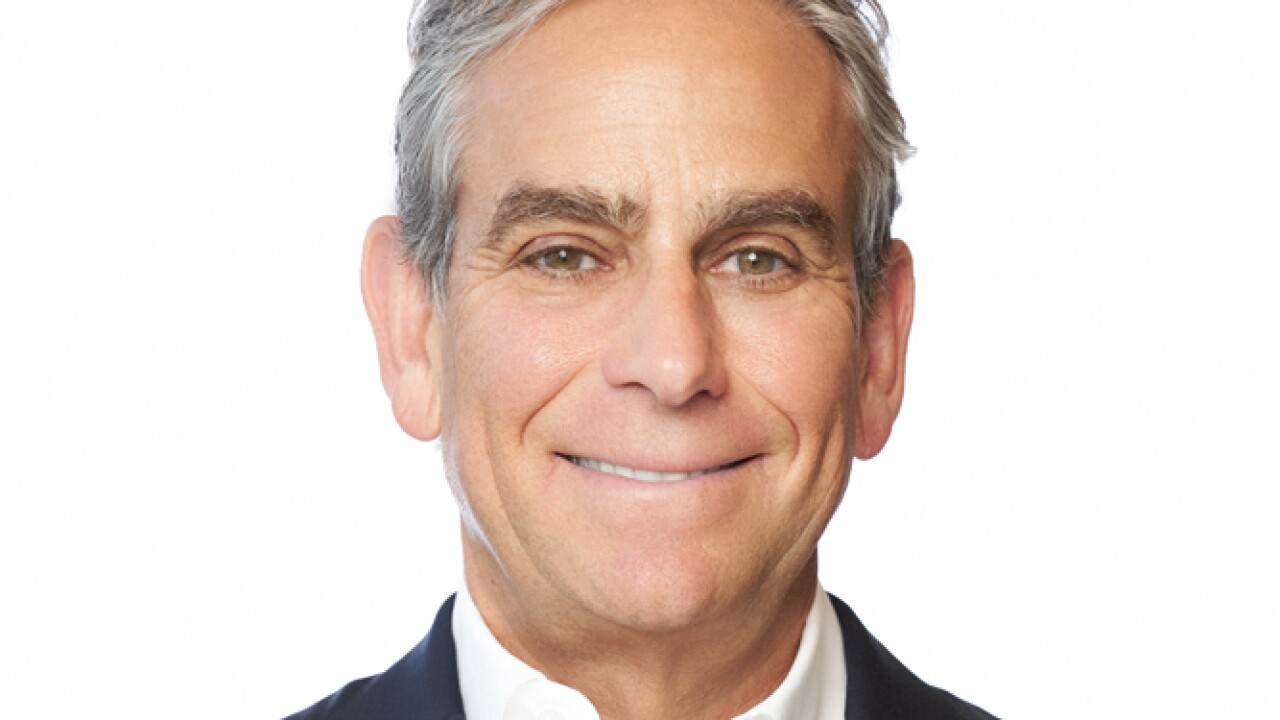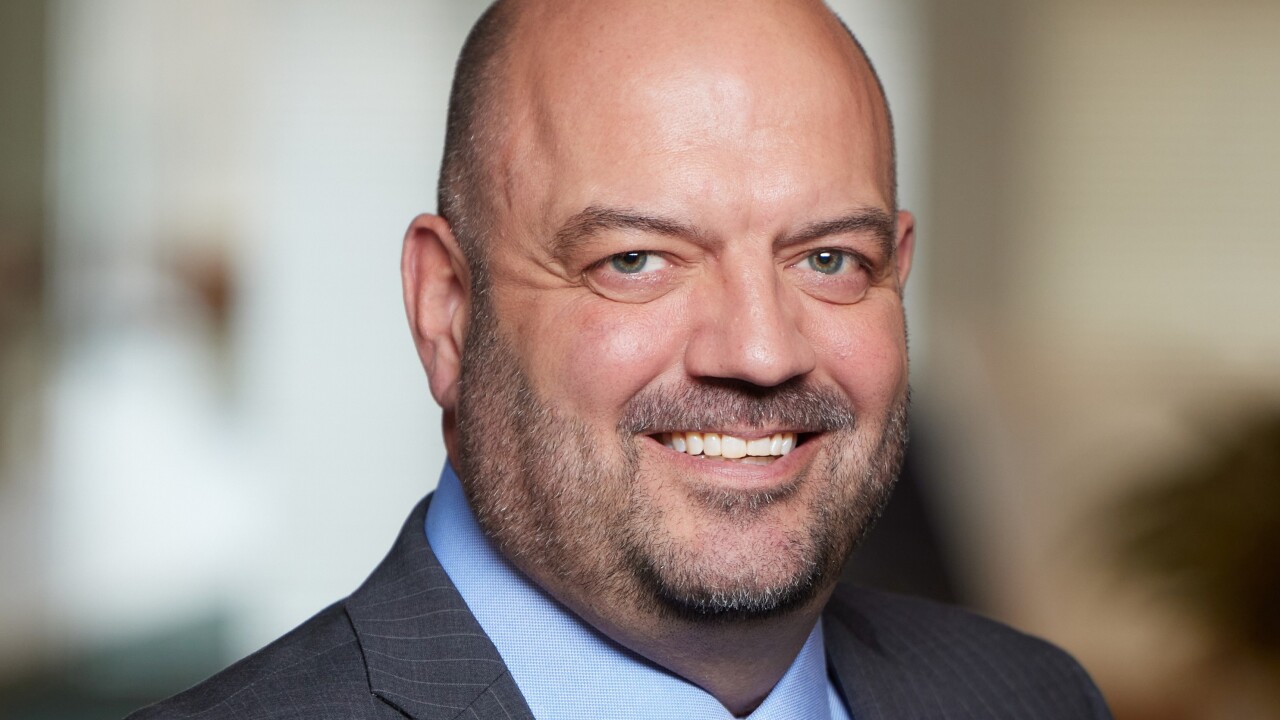A second Better Housing Foundation bond portfolio in Chicago is seeking a bankruptcy-led sale that offers holders of $51.8 million of defaulted bonds a piece of $15.15 million.
BHF Chicago Housing Group B LLC’s Icarus portfolio filed for Chapter 11 in the U.S. Bankruptcy Court in Chicago June 15 after reaching a real estate purchase and sale agreement May 26 with Saybrook Fund Advisors LLC. Saybrook will serve as the stalking horse bidder in the bankruptcy process.

The case was filed as another BHF portfolio known as Shoreline is nearing completion of its sale through a
The bond trustee UMB Bank NA, which took over the role from Wilmington Trust NA, supports the sale as the best option for bondholders given the need for capital to repair the units, many of which are in disrepair and uninhabitable and therefore unable to generate income.
The bankruptcy filing allows the properties to be sold free and clear of liens, claims and debts, which are mounting for three BHF Chicago portfolios as all are the subject to Chicago Housing Court receiver claims.
“We had a number of potential bidders …and after long negotiations we ended up where we think we are in the right position" based on both the sale price and the company’s commitment on building repairs,” BHF president Andrew Belew said in an interview after the Icarus filing. A commitment to repairs has been a focus of the judge’s concerns in the original Shoreline bankruptcy.
The COVID-19 pandemic, which impeded travel, slowed the due diligence on the Icarus sale process by just a few weeks, Belew said.
The portfolio will now be marketed to other potential buyers over the next 60 days as part of a bid process. If other bidders that meet eligibility requirements step forward, an auction would be held. Belew said the properties will be packaged into smaller groups and investors can submit bids on individual packages. BHF is targeting a fall closure for the process.
Given the sale price, bondholder recovery remains unclear as housing court receivers must be paid and other claims might require payment.
The not-for-profit Better Housing Foundation issued nearly $170 million of investment grade bonds through the Illinois Finance Authority between 2016 and 2018 to acquire three Chicago portfolios and two suburban portfolios.
BHF has defaulted on all five although the suburban ones enjoy stronger occupancy levels. The Securities and Exchange Commission and Illinois Attorney General’s office are examining the not-for-profit, which is under new leadership since the initial borrowings. Investors face uncertain prospects for recovering their investments.
The Icarus portfolio is following the path of the Shoreline portfolio, which is nearing the end of its bankruptcy-driven sale process. Lindran Properties LLC, an affiliate of BHF that serves as owner of the Shoreline portfolio, filed Chapter 11 January 31 after reaching agreement with a stalking horse bidder.
Investors holding $13.6 million of Shoreline bonds would get a piece of the $3.9 million sale price offered by PRE Holdings 14 LLC for the 13 buildings with 260 units. Only about 10 units have tenants, according to prior bankruptcy court filings. Most others are uninhabitable.

No other eligible bidders stepped forward and BHF will ask the bankruptcy court at a Tuesday hearing to approve the sale. Sources following the case said the eventual timing and size of a bondholder payout remains uncertain given that negotiations must now be held over how to divvy up the proceeds to pay various claims.
An initial hearing in the new Icarus case is also set for Tuesday. The two cases are being heard by Judge Jack B. Schmetterer who presides in the U.S. Bankruptcy Court for the Northern District of Illinois, Eastern Division in Chicago. The hearings are being held telephonically in light of the pandemic.
Icarus
Bondholders have the largest claim against the portfolio that includes 45 separate buildings with 545 affordable housing rental properties on the city’s south side.
Before striking the sale agreement, BHF said it spent several months marketing the properties, an effort complicated by the “deteriorated condition of the property, the significant amount of structural work necessary to rehabilitate the property” and the pending housing court cases “that were a result of the deteriorated condition of the property in existence when the current owners of the debtor took over the property,” reads the bankruptcy filing.
“The debtor believes the Chapter 11 case will afford the debtor the best means of preserving the value of the property while securing a purchaser that will stabilize the property for the community, the city of Chicago and the debtor’s existing tenants,” it continued.
Lindran/Shoreline
“Both the purchaser and the city of Chicago acknowledge that the proposal is a good faith preliminary estimate and is subject to modification based on additional information and/or future circumstances. No other person or entity or group of persons or entities has submitted a higher and better offer for the property,” BHF lawyers from Clark Hill Plc write in the filing seeking court approval for the sale to close.
The buyer previously told the court it intended to invest $10 million to repair the properties.
Given the difficult road for foreclosure and the need for capital funding to rehabilitate the properties so they can again generate rental income, a lawyer for bond trustee UMB Bank NA told the court at a March hearing it did not oppose the asset sale despite the size of losses that loom for investors.
The asset sale is the best option for bondholders from “a menu of poor options,” bond trustee lawyer James Kapp, a partner at McDermott, Will & Emery LLP, told the judge at a March hearing.
The trustee could have pursued foreclosure as permitted under the bond indenture — which holds true for the other portfolios also now in default of bond covenants — but that’s a time-consuming process and could result in a weaker recovery given the poor condition of the properties and mounting liens.
At any time during the foreclosure proceedings, BHF also could have stepped in and filed bankruptcy, usurping the trustee’s efforts. The trustee could not force a bankruptcy and sale or bond restructuring because BHF is a not-for-profit. The clock is also ticking on the three Chicago portfolios as receivers could move to foreclose and delinquent property tax lien holders could seek title.
Early trouble
BHF lawyers disclosed the receipt of a SEC subpoena related to the not-for-profit’s past managers in a court filing as part of the Lindran/Shoreline bankruptcy case earlier this year and Chicago’s law department confirmed that a meeting about BHF was held with Attorney General Kwame Raoul’s office, which sources said is actively looking into the issues.
The Chicago-based portfolios stumbled out of the gate with reports of code violations, dwindling occupancy, and the loss of Chicago Housing Authority voucher payments, and housing court intervention with the appointment of receivers.
Ownership and management of the properties have traded hands on several occasions. The rapid deterioration has prompted bondholders during investor calls to question whether fraud occurred.
Some investors said bond underwriter Stifel Financial Corp. should be pursued legally but the trustee has told investors on calls that such action would need to be pursued on a separate track from resolution of the defaults. Stifel funded recent condition reports of the properties.
All options remain on the table as bondholders seek to recoup their investments, bondholder lawyers have said on recorded investor calls.
The IFA has voiced frustration over how the stigma associated with serving as the conduit, saying it relied on the investment-grade rating reports and support from local authorities. When they were issued the bonds were rated in the triple-B to single-A category by S&P Global Ratings depending on their senior or subordinate status. One series was not rated.
First-time payment defaults occurred in December on $60 million of bonds sold for the Windy City suburban portfolio and $25 million for the Blue Station suburban portfolio. Defaults occurred in June 2019 on $84.4 million of debt sold for the three Chicago-based portfolios: $13.6 million for Shoreline, $19 million for Ernst, and $51.8 million for Icarus.
Belew said there were no developments to report on the status of the Ernst portfolio. The suburban portfolios are in better condition and generating revenue. Blue Station is being marketed for sale with offers due July 15. UMB posted default notices on the June 1 payments owed on all five portfolios.
Lindran/Shoreline traded this month at nearly 19 cents on the dollar, Icarus traded at 15 cents on the dollar in April, and Ernst traded at 27 cents on dollar most recently in January. Blue Station traded last month at 56 cents on the dollar and Windy City traded this month at 52 cents on the dollar, according to trade data on EMMA.
Lindran/Shoreline is case number 20-02834. BHF/Icarus is case number 20-12453.


